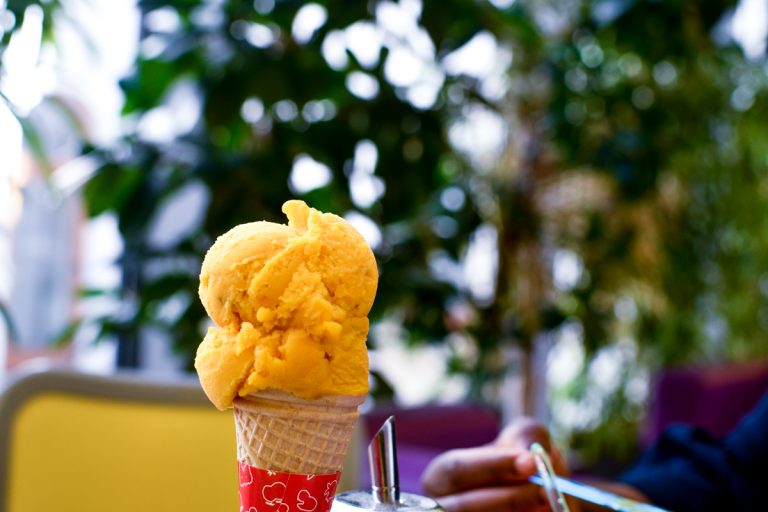Inspections of ice cream and cold beverages across the Czech Republic by the Czech Agricultural and Food Inspection Authority (CAFIA) have found substandard quality in many outlets. The inspections, carried out across the country, have increased in recent months in connection with the demand and consumption of these products. Photo credit: Brno Daily / For illustrative purposes.
Czech Rep., Aug 14 (BD) – 30% of ice creams inspected in 2020, up to July 31st, did not meet the government’s hygiene standards, containing unsafe levels of bacteria from the Enterobacteriaceae family. Of 64 samples of ice cream tested, 19 of them did not meet the government’s hygiene standards. Of 21 ice samples for beverages tested, nine of them, approximately 43%, did not meet the prescribed standard. The samples were tested for the presence of Escherichia coli, Clostridium Perfringens, Enterococci Coli form bacteria and bacterial colonies.
Vendors do not dispose of leftover ice cream at the end of the day
Similar findings were indicated in other studies in recent years. In the 2019 inspection, 37% of ice creams and 40% of iced beverages did not meet the hygiene standards. In 2018, 30% of the ice cream samples and 47% of iced beverages did not meet the required standard. In 2017, the figures were 26% for ice cream and 45% for iced beverages. Research showed that one of the main causes of substandard hygiene was vendors not disposing of leftover ice cream at the end of the day, while for iced beverages it was the lack of care given to hygiene practices and the continuous disinfection of ice makers.
CAFIA banned the use of ice makers, ice cream machines and related equipment in shops where low hygiene standards were detected. The affected outlets will be able to use this equipment again only after they have carried out sanitation and a satisfactory microbiological analysis by an accredited laboratory. CAFIA will initiate administrative proceedings to impose sanctions on operators affected.







